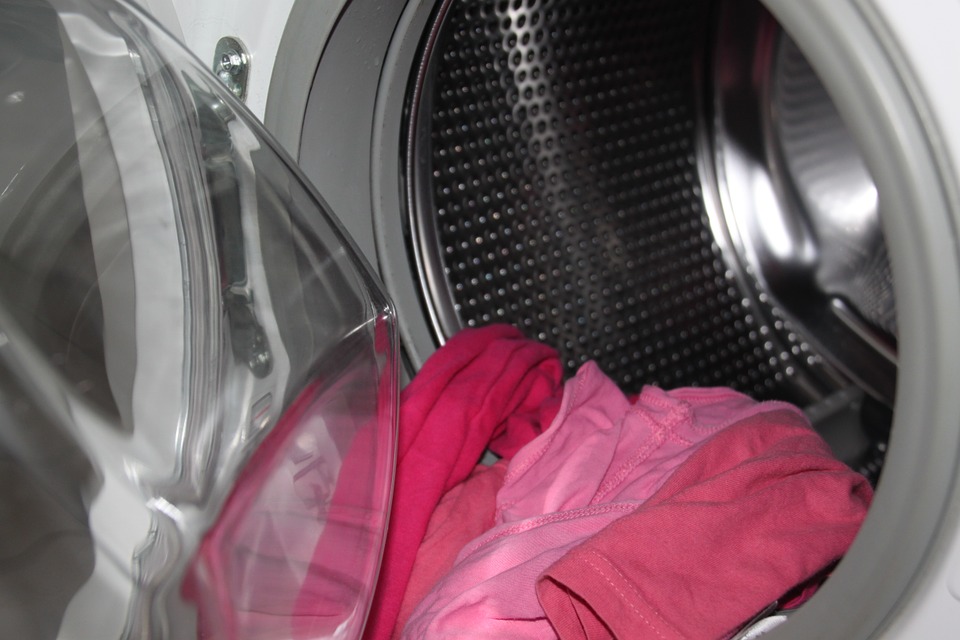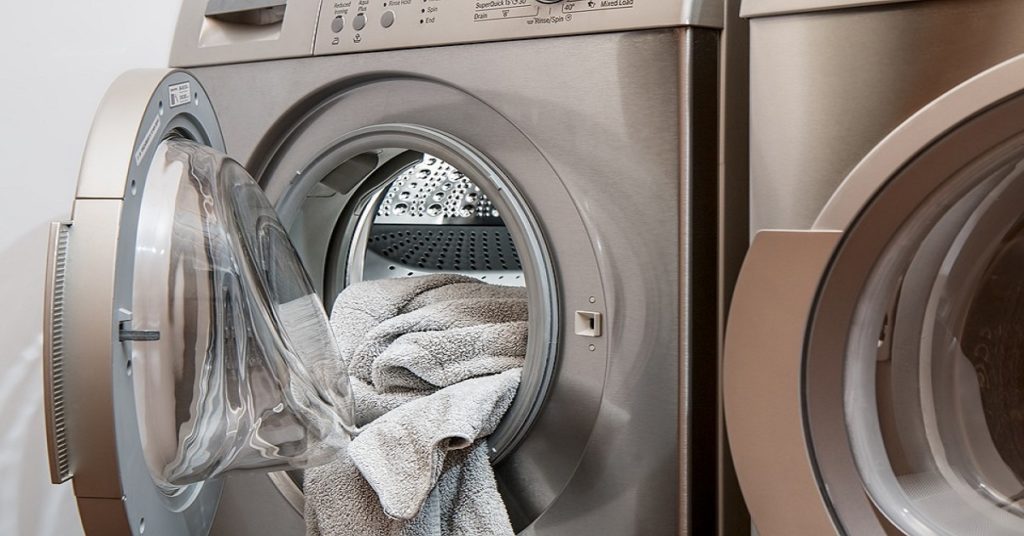- Smart Watch Payments and Digital Wallets in the Philippines - June 8, 2023
- Front-Load vs. Top-Load Washing Machines - May 25, 2023
- Pros And Cons Of Wireless Charging Power Banks - May 10, 2023
There are so many things that can go wrong with your washing machine. It’s not just a matter of the clothes coming out dirty or smelling bad, either; it could be doing real damage to your clothing and ultimately costing you more money in the long run.
And if you have kids at home, they’re likely to get sick from bacteria lurking on the laundry pile if you don’t take care of it properly! So here are some tips for keeping your clothes clean and fresh as well as preventing any potential health hazards.
1. How to clean the inside of your washing machine
Cleaning the inside is surprisingly important if you want to prevent any buildup that could cause mildew or a bad smell. Simply allowing this unique environment to sit untouched can be unhealthy, but it’s easy enough to wipe down with your usual cleaning tools—and don’t forget about the rubber seal where water comes in!
2. How to clean the outside of your washing machine
In most cases, you can simply wipe the outside down with a damp cloth. But if it’s been a while since your machine was last cleaned, or you have kids at home who have made it their dirtiest playground, then scrubbing over the surfaces may be necessary to regain its original look. Don’t forget about these areas:
The top of the lid where lint and hair can collect around the seal. The lid itself—this is a common spot for dust bunnies to hide. The rubber seal that opens and closes while in use (but not while cleaning) on some models (and sometimes this piece is called a “door”). The hooks, holes, or other grooves are used to hang items like clothes hangers to dry.
3. What type of detergent should I use for my clothes, and how often should I change it?

If you have kids at home as I do, then you know that they practically live in their clothes. And if your children are anything like mine, then they can produce quite a bit of “stuff” (poop) from playing hard outside or just being messy eaters. It’s important to note how often detergent is used and changed because new stains will build up quickly, resulting in dingy clothing that doesn’t smell fresh anymore. If you notice this happening in your washer, then it’s time to give it a good cleaning! You can remove stubborn stains by using detergents with enzymes or bleach as an alternative—these types of brands are usually all-natural and won’t be bad for the environment.
4. How to remove odours
When clothes are left in a washing machine for weeks at a time, they can start smelling sour from bacteria developing on them. This is especially true when you have kids who love to play in the dirt! Thankfully, there are a few tricks you can use to quickly and easily freshen them up.
Sprinkle baking soda over the entire pile of clothes and let sit for at least an hour before washing (follow directions on the box).
- Add 1 cup vinegar or white distilled vinegar when your machine is filling with water just before starting it.
- Wash bedding such as towels or sheets more frequently than clothing; this will help reduce odours taking hold.
5. Consider adding vinegar when washing.
Many people think of using vinegar as a means for removing odours from fruits and veggies before cooking, but its antibacterial qualities make it an excellent cleaner for many different surfaces—even laundry! A few cups help cut through residue left by detergent and can also freshen up smelly items. However, too much vinegar insensitive clothing can fade colours, so use sparingly!
6. Don’t overfill your machine.
No one likes to deal with a washing machine full of clothes that need to be rearranged, but it’s easy for the load to shift and create an imbalance if you do exactly that. This can cause damage to not only your washing machine but also any clothing in there! So keep everything nice and snug with careful attention to what goes inside.
7. Why does my washing machine smell bad after I’ve cleaned it out?
It may seem weird, but this is actually a pretty common problem! If your machine smells bad after you clean it, it’s probably because of dirty clothes that didn’t get cleaned in the cycle before. The scent may be trapped inside the washer by smell-trapping technology or residue from cleaning products you’ve used, so make sure to run a cycle with just water and vinegar to kill any lingering odours!
8. Tips for saving energy when using an automatic washer
To keep your energy bills low, you should stick with the washing machine’s auto-wash setting. This will allow the appliance to determine when it needs more water or electricity and adjust accordingly. You’ll be able to save between 5 and 15 per cent of your electric bill on average by using this method!
You might be wasting money if you don’t wash clothes in a full load. You will have to pay for water and extra cycles, which can damage the fabric or your washing machine. So make sure you only wash full loads of clothes.
9. When do you know that your washing machine needs repair work done, and what are some common causes for this problem?
Some of the common reasons you may experience problems with your washing machine is if it isn’t draining properly, emitting an odour, or leaking. Sometimes simply repairing one problem can help address other issues around it as well. However, be sure to check out some common causes and solutions for these problems below so that you’re ready to tackle them when they come up!
Conclusion
Conclusion paragraph: The key to a successful laundry day is prevention. This means you will have less stress and fewer headaches in the long run. We hope this complete maintenance guide for your washing machine helps make your life easier!

